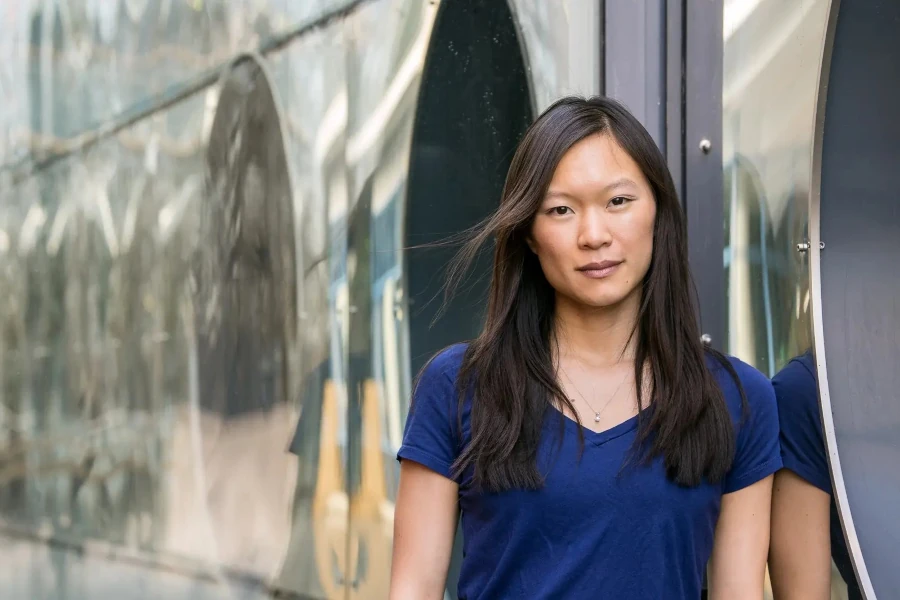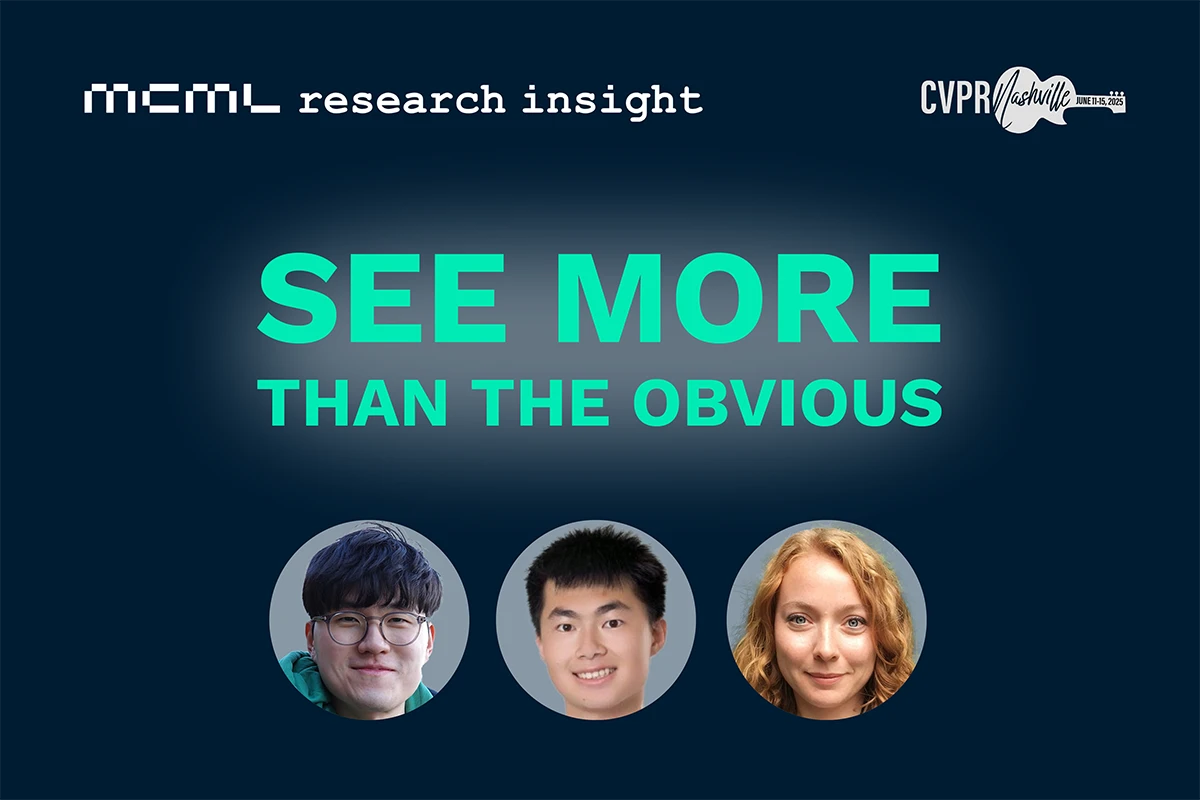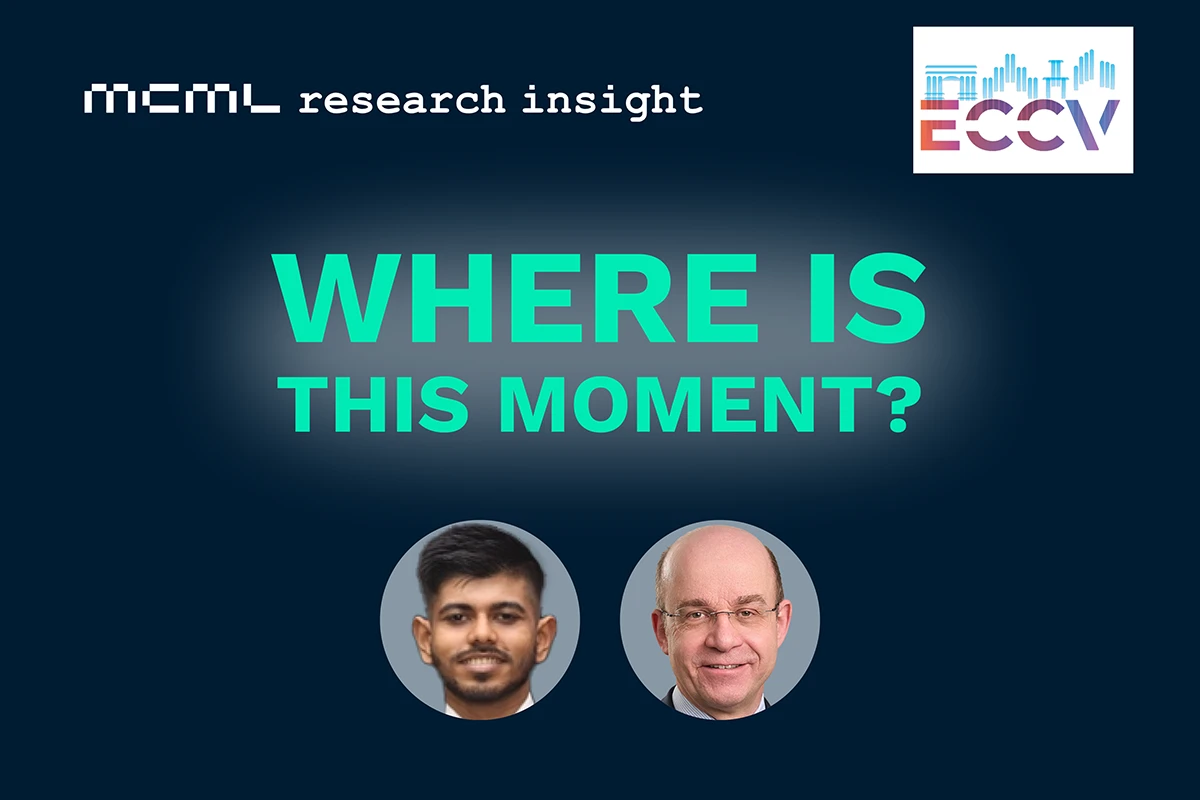07.01.2025

©Astrid Eckert / TUM
Angela Dai Is Advancing Automotive Design With Artificial Intelligence
TUM News
Our PI, Angela Dai, focuses on the application of artificial intelligence to design and optimize complex systems. Her research contributes to the development of AI technologies that enable faster and more efficient designs in the automotive industry. By using advanced algorithms, her work helps reduce development costs and enhance the sustainability of products.
«Our dataset can be used as an extensive library in order to generate new designs quickly with the aid of AI models with the goal of designing more fuel efficient cars in the future or improving the range of electric vehicles.»
Angela Dai
MCML PI
Related

24.02.2026
Cosmology: Measuring the Expansion of the Universe With Cosmic Fireworks
Daniel Gruen leads LMU’s campaign on rare SN Winny to refine the Hubble constant and address the Hubble tension in cosmology.

19.02.2026
COSMOS – Teaching Vision-Language Models to Look Beyond the Obvious
Presented at CVPR 2025, COSMOS shows how smarter training helps VLMs learn from details and context, improving AI understanding without larger models.

05.02.2026
Daniel Rückert and Fabian Theis Awarded Google.org AI for Science Grant
Daniel Rueckert and Fabian Theis receive Google.org AI funding to develop multiscale AI models for biomedical disease simulation.

